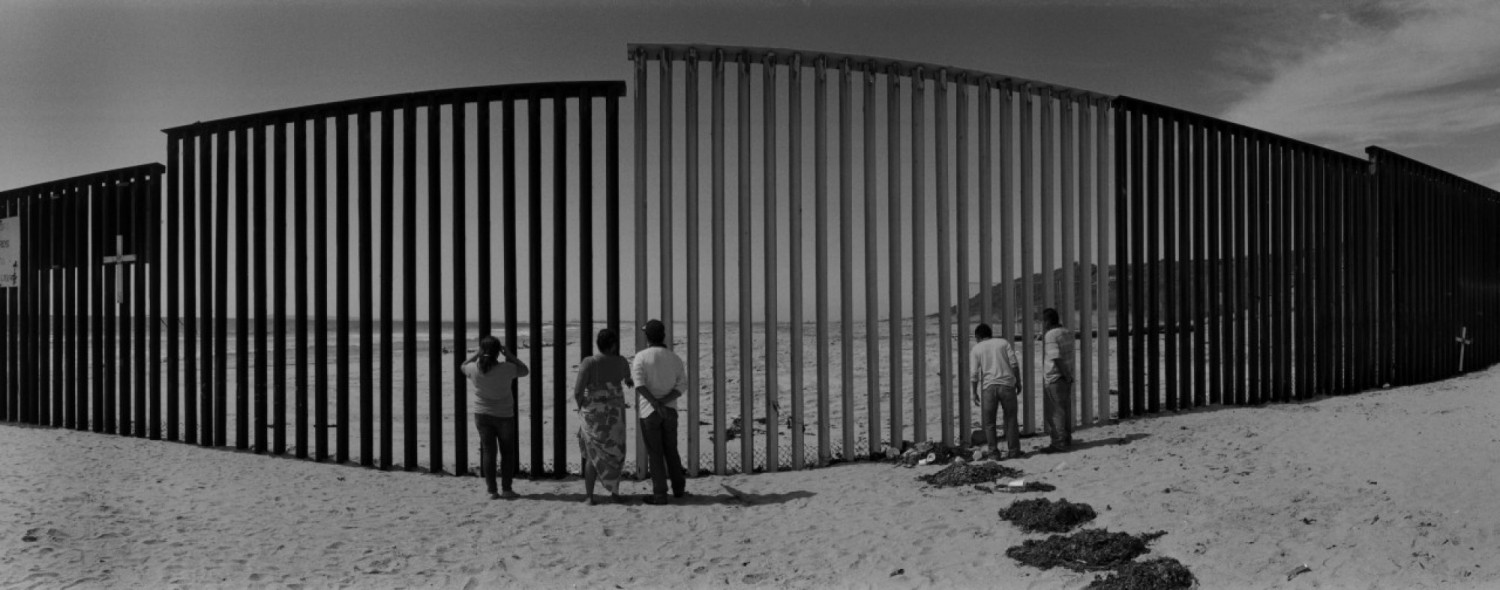(Cover photo – Louie Palu: Mira Mexico – Photo copyright by Louie Palu)
What strategies do contemporary arts (such as literature, film, visual, media and performative arts) employ to narrate experiences that resist telling and imagining, such as experiences of traumatic histories and limit events? What ethical issues do their processes of storytelling involve?
The international conference Ethics of Storytelling: Historical Imagination in Contemporary Literature, Media and Visual Arts invites scholars to address the ethical dimension of storytelling and its intertwinement with the historicity of experience. It investigates how different modalities of storytelling enable diverse ways of coming to terms with traumatic historical experiences, including war and political conflicts, and the intersecting histories of violence linked to colonialism and migration. The conference explores ethics of storytelling particularly in relation to the ways in which the contemporary arts work with historical imagination and the realm of the possible, from the perspective of subjects of experience and of cultural processes of meaning-formation.
While much of poststructuralist and postmodern theorization endorsed an aesthetics of the ineffable which regarded narrative as a violent form of appropriation, the recent years have seen a surge of interest in the ethical potential of storytelling. For example, the work of thinkers like Jan and Aleida Assmann, Paul Ricoeur and Dominick LaCapra has shown the relevance of narrative for cultural memory and for working through cultural trauma; Adriana Cavarero has explored the desire for one’s story in relation to an ontology of relationality and vulnerability; and the recent work of Michael Rothberg and Max Silverman foregrounds the multidirectional and palimpsestic character of memory: the ways in which fictional narratives produce new insights by bringing together different times and places into new constellations of similarities and differences.
In relation to these recent debates, the conference endeavours to shift the emphasis of the discussion on the ethics of representation to the ethics of storytelling as a form of imagination. How do different artistic practices of storytelling contribute to cultural memory by creating new constellations of the past, present and future? What ethical potential does storytelling have as a process of imagining the past that opens up new possibilities of experience, action and thought? We invite scholars across disciplines and cultural contexts into a conversation that highlights the potential of storytelling to unsettle dominant historical narratives by mobilizing the imagination of alternative realities, possibilities, courses of action and orientations towards the future. The conversation takes place in the increasingly global context of artistic production and reception, where the relationship between subjects of experience, cultural memory and ethics of storytelling is evermore timely.
The event is the 3rd Rethinking Arts Studies Conference (University of Turku).
